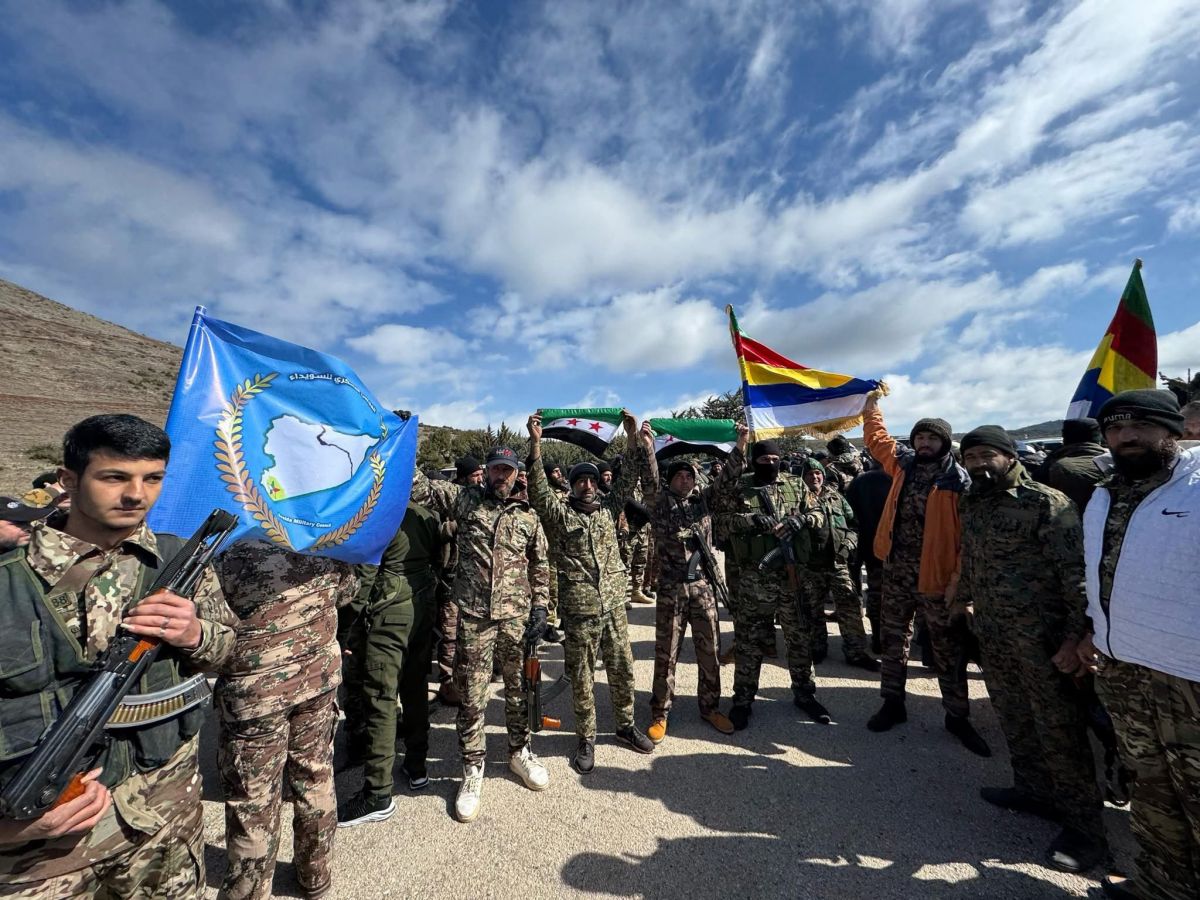The conflict began in Jaramana, a suburb of Damascus with a population of one million, and spread to nearby Sahnaya. The incendiary audio message, later disavowed by Druze leaders as a fake, ignited hostilities when government-affiliated armed groups attacked Druze patrols. This led to rapid mobilization of Druze civilians, some armed for the first time, escalating the violence. Among the casualties were the mayor of Sahnaya and his son, both killed inside their home, highlighting the brutal nature of the confrontations.
In response to the crisis, intense diplomatic efforts involving Saudi Arabia, Turkey, and Qatar culminated in an agreement between Syrian authorities and Druze leaders. Walid Jumblatt, head of Lebanon's Druze Progressive Socialist Party, announced the deal, which includes the deployment of additional Syrian Defense Ministry units to sensitive areas and the disarmament of Druze militias. The agreement also aims to restore governmental presence and security on the strategic road linking Suwayda to Damascus, signaling a fragile step toward stability.
However, the situation remains volatile. Just hours before the agreement, Israel launched a "warning strike" near the Syrian presidential palace, following a prior drone attack near Damascus. Israeli Prime Minister Benjamin Netanyahu declared a firm stance against any Syrian military moves south of Damascus or threats against the Druze community. Meanwhile, Israeli Druze has formed a volunteer corps prepared to intervene if needed in the Golan Heights and Suwayda regions, reflecting the complex cross-border loyalties and tensions.
The Druze spiritual leader in Syria, Sheikh Hikmat al-Hajari, condemned the violence as a "genocidal campaign" against civilians, calling for international intervention. He accused Syrian government forces of enabling extremist militias responsible for the attacks—a charge that echoes earlier reports of sectarian violence against Alawite communities in Homs and coastal regions. Hans-Jakob Schindler, director of the Counter-Extremism Project, emphasized that many of these militias are composed of foreign fighters aiming to impose a strict Islamic state intolerant of minority sects.
In Lebanon, Jumblatt has intensified diplomatic efforts to contain the conflict, warning against Israeli plans to fragment the region into sectarian enclaves. He urged protesters to reopen vital highways blocked during demonstrations, highlighting the economic toll of continued unrest. However, Jumblatt faces opposition from within the Druze community, particularly from Sheikh Muaffak Tarif, leader of Israel's Druze, who supports Israeli territorial claims, including those over the Golan Heights.
As Syria's minorities face mounting threats amid the power struggles of the region, the recent clashes and diplomatic maneuvers reveal the fragile balance of coexistence and the risk of further destabilization. In the coming weeks, the international community's response will be crucial in shaping the future of Syria's diverse communities and the broader Middle East geopolitical landscape.
